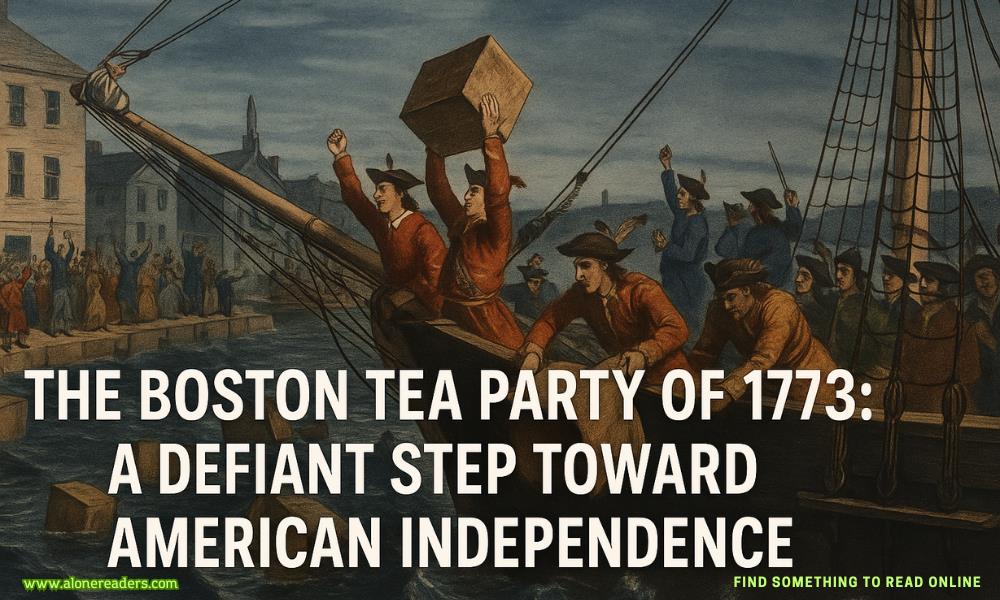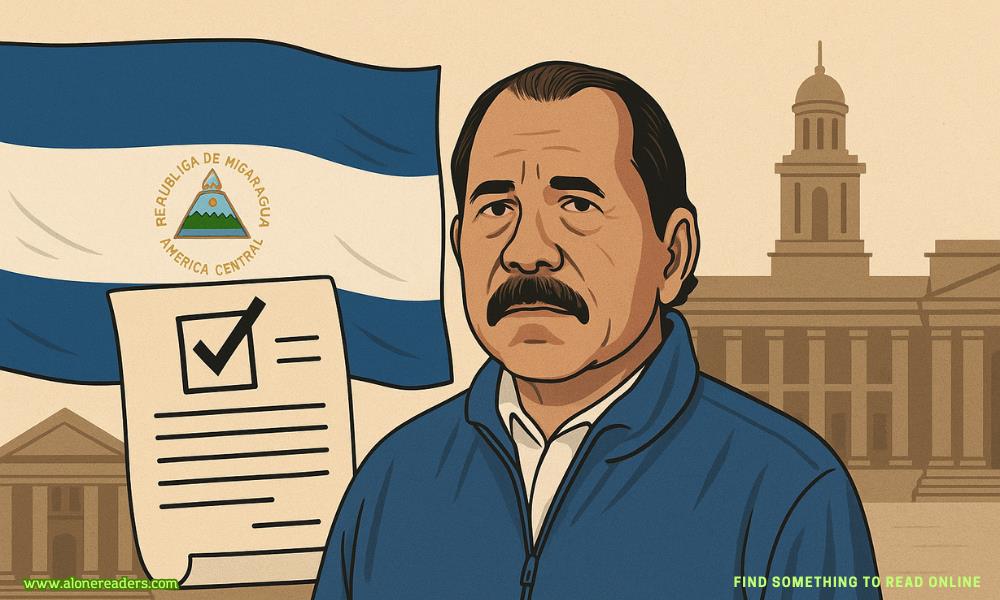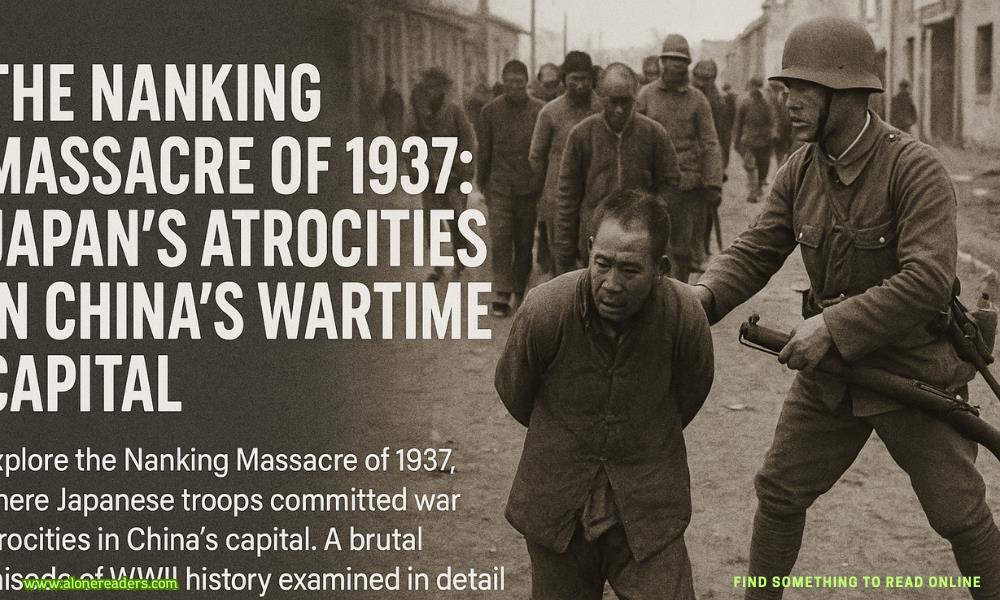Page 19 of Six Wild Crowns
“You were speaking of what comes next, once the king has defeated Lothair,” More says.
“Yes. Why are we content to merely defend ourselves?” Boleyn says. “The king has god-given strength beyond any human, and he gives some of that to the bordweal through the consorts. But what if he could take on even more of Cernunnos’s power?”
More raises an eyebrow. “You wish to see the king risk his life in yet more foreign wars? Are Alpich and Lothair not enough?”
As More turns to leave the chapel, Boleyn steps into the doorway, blocking him. She has to be careful now, given More’s affiliation to Queen Aragon. For all she knows, he may be aware of Quisto’s involvement with Lothair. He may be devoted to Cernunnos above all, but he is not impartial when it comes to matters of politics. No one is, no matter what they may claim. She and he may be aligned in wishing to further Elben’s cause, but it does not follow that they will agree on how to do so. “I do not like bullies, Your Grace,” she says. “Elben should not have to live in constant fear of the bordweal failing. If we can make a show of strength beyond the protections, beyond paltry countries like Lothair, then perhaps those who covet our island will think better of their aggression. It is not enough that we simply take back our ancestral lands from Alpich. Elben deserves to be greater. It deserves more respect.”
“A most admirable aim,” More says. “But I doubt that my library would be of use. You may be better served by the records at High Hall.”
“I think not,” Boleyn says.
There’s a long silence. She enjoys watching the bishop squirm. If George or Mark were here, they would try to fill the void. But Boleyn knows how to wield silence.
The bishop breaks first, as she knew he would. “Anything that is in my home is yours. Only… may I issue a warning?”
“You may. I may not listen, though.”
“You call itmylibrary, but it is not mine alone. Many generations of bishops have added to its collection. And among those texts are some dangerous ideas.”
“I am perfectly capable of discerning which ideas are useful and which are not.”
The bishop bows. “I don’t mean to suggest otherwise.”
Boleyn wants to push the point –What do you mean to suggest then?– but she knows she’s won. Best not humiliate him further. Besides, she’s pathetically grateful to leave that haunted chapel with its maimed corpses. More leads her through the sanctuary and intohis library. It is a vast room. Every wall is lined with books and ancient scrolls. The few windows are narrow, to limit sun damage to the parchment. In the centre of the space, a wheel-like machine bears a dozen small tables, upon each of which lies an open tome. More shows Boleyn how the machine moves, so that a scholar may study several texts at once.
“I should like to read anything pertaining to the bordweal magic,” Boleyn tells More, running a hand along one of the shelves. “Particularly anything written at the time that the bordweal came into effect. If I can understand exactly how the magic works, perhaps I can work out how to wield the king’s power more effectively.”
“Very little survives from that time,” More says. “Much of that knowledge was burnt in the massacre, unfortunately. The only texts I possess from around that time are here.”
He leads her to a dark corner, where the books are noticeably older – many of them have peeling covers or discoloured pages. Boleyn trails a finger over their spines. She feels as though she could reach back through the ages to speak to their authors. Eventually, she picks a selection, using More’s increasing irritation with her choices as her guide.
As she mounts Fauvel, the books wrapped in beeswax cloth and stowed in a saddlebag, More bows. “I hope you find what you’re looking for, Your Majesty. I truly do.”
“For the glory of Elben, Your Grace,” she replies.
His eyes follow her as she rides away.
CHAPTER TEN
Boleyn
The tomes are, for the most part, dull. They tell Boleyn little that she does not already know about the bordweal, regurgitating the history told at her wedding. Frustration niggles. She must help Henry. She must prove – not to him, but to the rest of the court – that she is worthy of being his equal regardless of the child in her belly. And since she cannot wield a sword or lead a navy into battle, she must do so through a display of intelligence.
Boleyn takes to reading the bishop’s books in the castle’s grounds, the castle itself being too delightfully chaotic for the focus she requires. A favourite spot of hers is the fruit orchards, where the trees muffle the sound of the wind and the nearby sea. Today, though, she wants to go further.
“Dress me for riding,” she tells her maid. The girl goes about braiding her hair, softly singing to herself while Boleyn casts an eye over the letters that arrived for her overnight.
There once was an orb all holy bound
Kept on a mountain like a crown
When the time was right and it was found
It made its powers clear.
One from her father, telling her what is said about her in Avahuc – she thrills that they know of her in Avahuc – one from a Capetian noblewoman, and one from Henry, detailing his preparations for sailing to Lothair. The maid’s voice twines around his words.
Near, far and oversea
- Daddy's Dirty Little Secret by Sofia T. Summers
- Sofa King Safe by Alexa Riley
- A Touch of Fate by Cora Reilly
- Mercy by Elizabeth Knox
- Veiled Vows by Ajme Williams
- Bending Over for My Tw!n by J. Snow
- Double Mountain Men by S.E. Law
- Fierce Vows by Jade Marshall
- Snowed in with the Mafia by Chloe Kent
- Claimed By a Knight by Lena Little
- Choke by Mila Crawford
- Stolen Princess's Secret by Kelly Hunter
- Wicked Games by Willow Dixon
- All Jacked Up by Abbi Glines
- Scatter the Bones by Autumn Jones Lake
- Need You to Choose Me by B. Celeste







